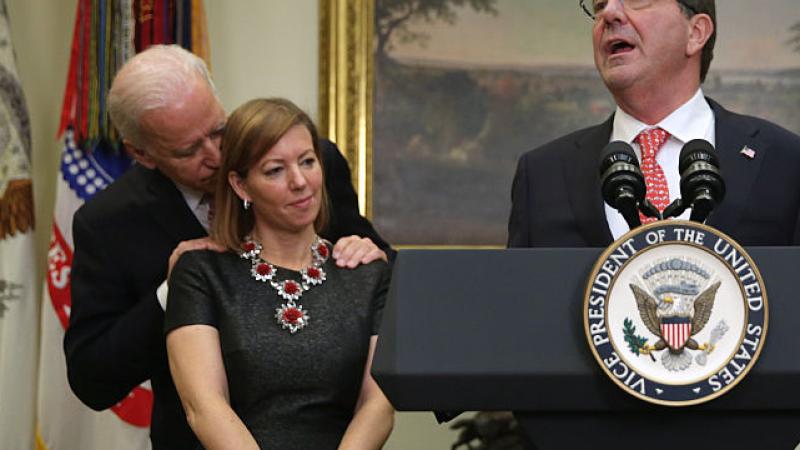Pennsylvania bill would require employers to offer mandatory paid sick leave
Proposed legislation from Democrats would go beyond current federal requirements.
(The Center Square) -
A proposed bill would require Pennsylvania employers to provide all employees with paid sick leave, going beyond current federal requirements.
HB2439, introduced as the Health Family Healthy Workplaces Act, was introduced by Rep. Jennifer O’Mara, D-Delaware.
“The Healthy Employee and Healthy Workplace Act will help Pennsylvania’s families by requiring employers to provide paid sick leave to their employees,” O’Mara said in a legislative memo. “Workers would be able to use paid sick leave to seek treatment for an illness or a family member’s illness, in addition to treatment related to domestic violence or sexual assault.”
The bill would apply to all employers, regardless of size. Employees could use sick leave after 90 days of employment, accruing up to 56 hours or seven days annually. Employees could also carry over unused paid sick days, limited to 80 hours or 10 days annually.
Critics questioned the necessity of the proposed bill, however, and worried about unintended consequences.
“The proposal is a classic case of government being too-little-too-late and may actually water down or eliminate benefits for Pennsylvania workers,” said Elizabeth Stelle, director of policy analysis at the Commonwealth Foundation. “A government mandate would undoubtedly be cumbersome and time-consuming, harming both the employee and employer.”
Stelle noted that paid sick leave is already offered to most workers.
“Employers are already responding to employees’ demands for paid sick leave. The percentage of workers with paid family and medical leave has increased 64% over the past five years,” Stelle said. “As many as 79% of workers – and 85% of full-time workers – have access to paid sick leave.”
O’Mara’s bill is not the only way to offer more employee benefits, Stelle said.
“The real question is how to help the small percentage of workers that don’t have this benefit. The answer is more flexibility, not more regulation. For example, the federal Working Families Flexibility Act would allow employers to give hourly workers the choice of accumulating ‘comp time’ in lieu of overtime pay,” Stelle said.














